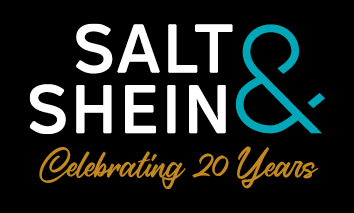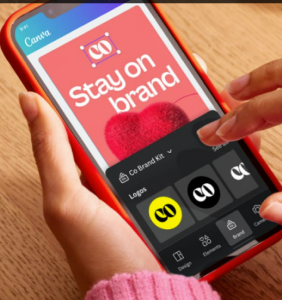What can communication professionals learn from 2017?
2017 was a tumultuous year for communication professionals. Major names in Hollywood were taken down by allegations of sexual misconduct, United Airlines became a constant lesson in how not to do customer service, and Uber’s licence to operate in one of the largest cities in the world – London – was revoked due to a…
2017 was a tumultuous year for communication professionals. Major names in Hollywood were taken down by allegations of sexual misconduct, United Airlines became a constant lesson in how not to do customer service, and Uber’s licence to operate in one of the largest cities in the world – London – was revoked due to a series of PR crises.
It’s clear that communication professionals are more necessary than ever before, as PR disasters continue to affect the best-known brands and names across the world. With each catastrophe, however, comes a valuable lesson, so we thought we’d take a look at the most important things communication professionals can learn from the past year.
1) The power of words in communication
You’d be forgiven for thinking visual media is taking over communication. It’s estimated that 84 per cent of communication in 2018 will be visual, according to WebDAM, and video in particular is constantly being touted as the major channel for PR professionals.
However, 2017 taught us that words still have a strong power over people’s imagination. Take Donald Trump’s tweets. They’re constantly forming the central focus of news stories all around the world and have a huge impact on how people view the US president. Through words, communication professionals can still control the media, and their power shouldn’t be forgotten in this increasingly visual world.
2) Manage reputation with a positive presence
The reputations of big Hollywood names such as Harvey Weinstein and Kevin Spacey went up in flames last year after repeated allegations of sexual misconduct. Several lessons can be learnt from these events.
Firstly, justice and truth will usually win out, even if the incident took place many years ago. This is why it’s important communication professionals encourage a culture of openness in their organisations. If an employee does something wrong, it’s best to admit to it straight away – owning the truth instead of letting a journalist uncover it is always the best tactic.
While with very serious allegations you may not save the reputation of the person in question, you may manage to show the public that your brand and wider company takes allegations seriously and knows how to handle these types of situations.
While nothing could save the reputations of people like Weinstein, the events do show the importance of promoting a positive presence. Too often communication professionals are solely in crisis management mode, and this means proactively publicising positive stories can fall by the wayside. However, if you can secure a series of positives in the minds of your target audience, it will mean these are remembered even when more negative stories get out, and your brand won’t be completely damaged.
3) Bear in mind that no-one trusts the media anymore
Fake news is now a fact of life. Trust in news spread through social media is particularly low, with only a quarter of respondents to Reuters’ Digital News Report 2017 believing these channels do a good job of separating fact from fiction.
Communication professionals have to tackle this head on if they are to get people to trust what they put out into the world. Central to this is of course solid fact checking. This must especially be the case if a brand first hears about a story through social media.
One of the main problems with the United Airlines’ #LeggingsGate scandal was that the original story came from someone who overheard the girls being told they weren’t allowed to wear leggings and tweeted about it, without knowing all the facts. United Airlines then responded without fully investigating the situation, causing much more of a Twitter storm than was necessary.
Trust in traditional news, though low, is still much higher than that spread by social media (the number of people who said they trusted traditional news sources stood at 40 per cent according to Reuters). Social media is a great way of reaching as many people as possible, but traditional news and the increased trust that it holds must not be forgotten in this post-Trump world.
2017 was a year of PR crises and damaged reputations. Let’s hope the lessons we’ve learned from these events make 2018 a much more positive year. To keep up with stories and trends in the coming year, please visit our Insights page.
Discover insights.
Creating messages that cut through social media, news cycles and even the humble inbox has never been easy, but, with more noise across more channels, it’s become more important than ever to create messages that stand out and land with impact. Visual communications tools are gaining traction as a way of shaping messages that hit…
Looking for greater choice in the contract options available to you? Having history and rapport with a specialist recruiter like Fraser Clapcott will open doors to opportunities you may have missed for yourself, that add value for both contractor and employer. In the current climate of uncertainty, a willingness and propensity for flexibility comes with…
If you’ve been ruminating on changing-up your comms career, now may be the ideal time to talk with your trusted recruiter about making a move. Salt & Shein Director, Lucy Newcomb, sees significant scope for motivated communicators to broaden their career horizons, and make the job of their dreams a reality, in 2023. “A rapidly…








